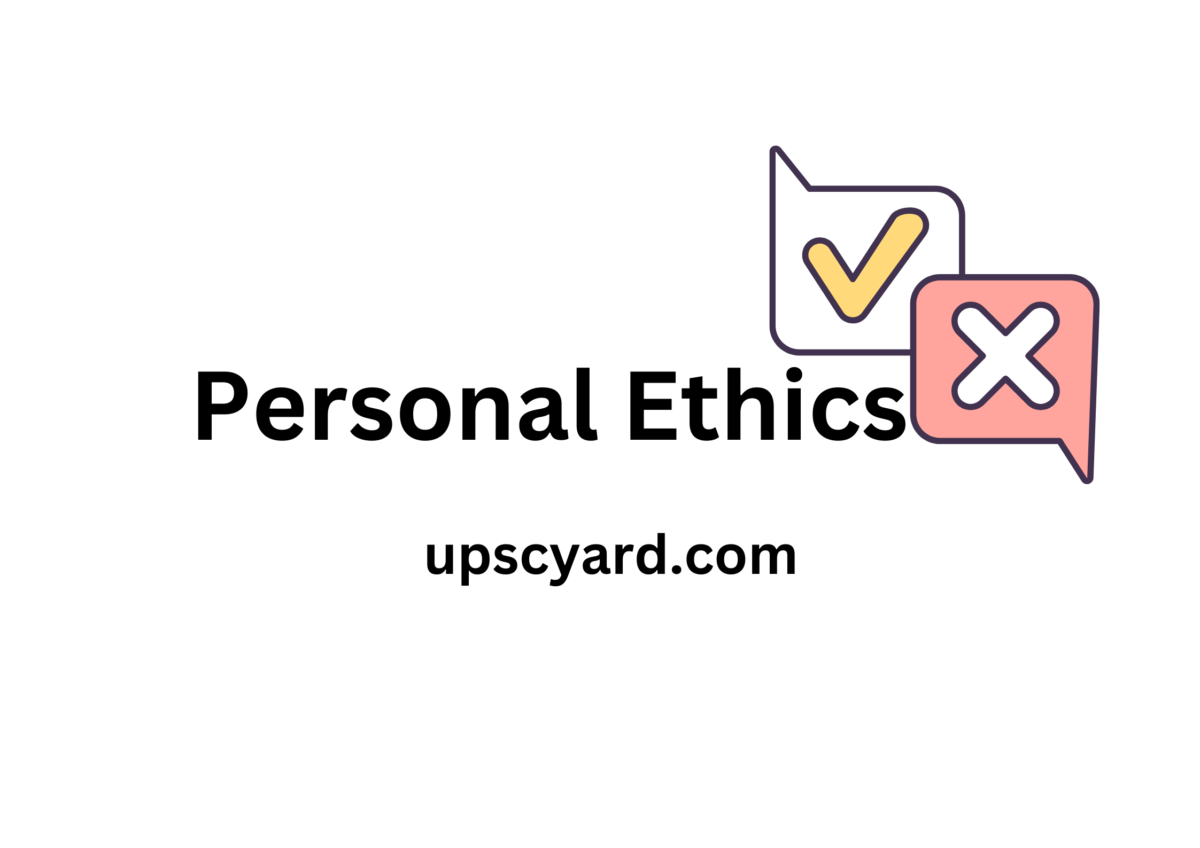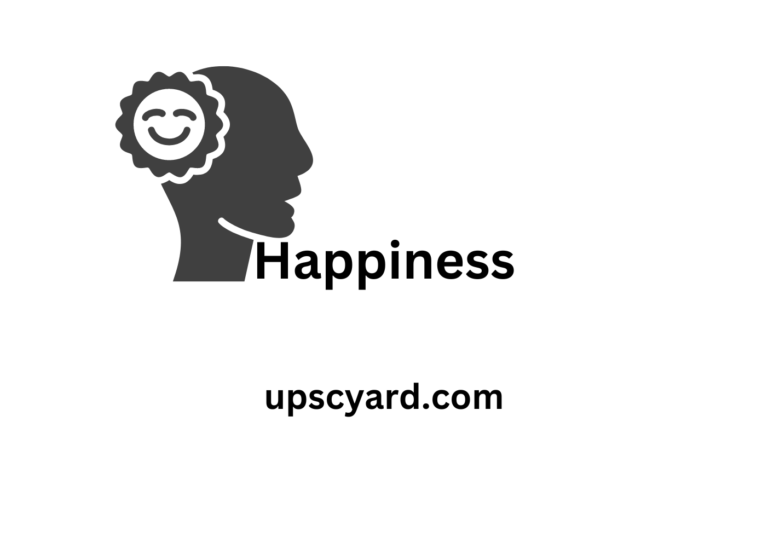Individual ethics encompass an individual’s unique beliefs about what is morally right and wrong, guiding decision-making in personal and professional spheres. These principles significantly shape one’s work approach, career growth, and personal development. Understanding personal ethics involves exploring their significance, differentiating them from professional ethics, and identifying common examples of ethical principles that individuals hold dear.
Personal ethics consist of the ethical values and principles an individual relies on while making decisions and conducting themselves in various aspects of life, including personal and professional domains. They influence a person’s work ethic, drive their pursuit of personal and career objectives, and underpin their core values. Personal ethics are a compass for distinguishing right and wrong, shaping responses in challenging situations. While each person’s ethical code is unique, certain ethics like honesty and respect are commonly shared among many individuals. Embracing personal ethics fosters a human-friendly approach to navigating the complexities of life and work.
Examples of personal ethics
- Honesty
- Loyalty
- Integrity
- Respect
- Selflessness
- Responsibility
A student raised a query concerning the distinction between honesty and truth.
Honesty pertains to conveying one’s thoughts and emotions with precision. Conversely, truth revolves around facts, providing a faithful depiction of reality. It is plausible for someone to be honest about something that is not factual. For instance, Person X asserts that the Sun orbits the Earth because X genuinely holds this belief. In this case, X is exhibiting honesty. However, the truth remains that the Sun does not orbit the Earth. An alternative way to differentiate them is that personal perspectives can influence honesty, whereas truth remains grounded in objectivity.
How to identify your personal ethics
Gain clarity about your core values. Understanding what holds utmost importance to you enables establishing your set of ethics.
Jot down your aspirations and objectives. Having well-defined personal and professional goals is a foundation for shaping your ethical principles.
Reflect on your beliefs and actions. Your convictions and practices offer insights into your unique ethics. For instance, if you firmly believe in being accountable for your actions regardless of the circumstances, responsibility is likely a personal ethical value for you.
what is personal ethics
Personal ethics refers to the ethics that a person identifies with in respect to people and situations that they deal with in everyday life.




